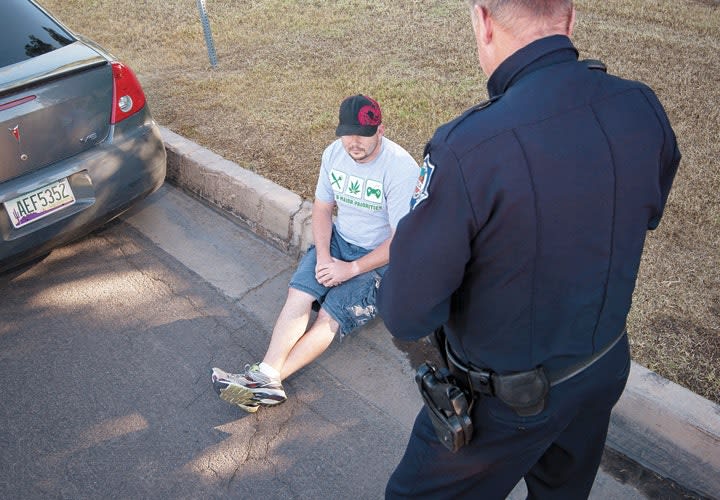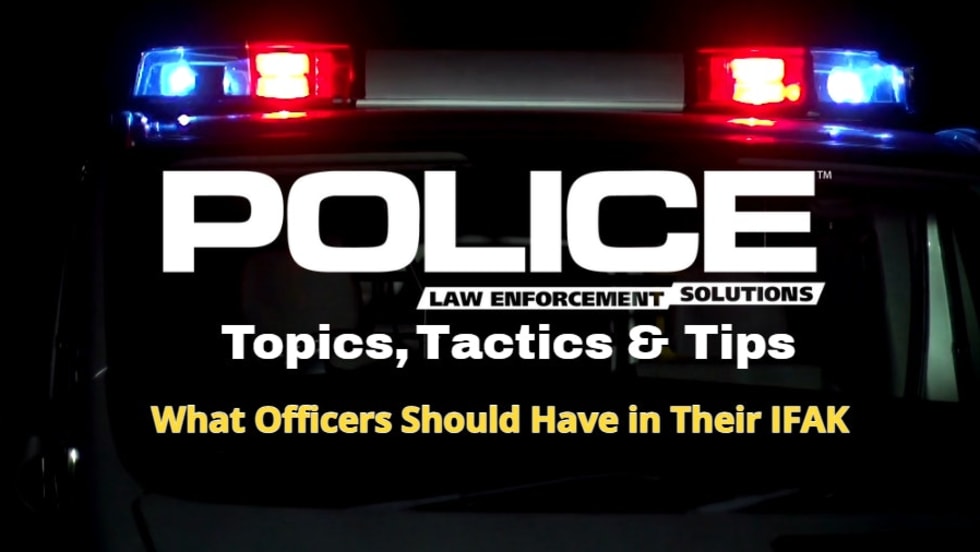Has Miranda v. Arizona adversely affected criminal justice and public safety? Miranda has resulted in the inability to clear a quarter-million homicides, 1 million rapes, 5 million robberies, and 9 million aggravated assaults.
Has Miranda v. Arizona adversely affected criminal justice and public safety? Before Miranda, American law enforcement officers cleared 63% of violent crimes; after Miranda, the average plummeted to 45%. (Source: FBI Uniform Crime reports, 1954-2012) Given the numbers of reported crimes and this known reduction in clearance capability, we can reliably say that Miranda has resulted in the inability to clear a quarter-million homicides, 1 million rapes, 5 million robberies, and 9 million aggravated assaults.
In the 48 years since Miranda was decided, the Supreme Court has issued 55 decisions on Miranda issues. Perhaps recognizing the magnitude of the harm Miranda inflicts, the court used many of these subsequent decisions to limit Miranda's application, and to give investigators greater leeway in obtaining admissible statements from criminal suspects. As the court said, "If anything, our subsequent cases have reduced the impact of the Miranda rule on legitimate law enforcement." (Dickerson v. U.S.)
Of course, those cases can only "reduce the impact" to the extent that officers are aware of them and take advantage of them wherever practicable. Here are a few of the situations in which you can legitimately use Supreme Court rulings to reduce Miranda's impact on your search for the truth.
Voluntary Stationhouse Interrogations
If you can safely delay arresting a suspect or subjecting him to custodial restraints, you can delay triggering Miranda. If your suspect is not a flight or safety risk, consider inviting him or her to the station to talk, as officers did in two of the Supreme Court's impact-reducing cases.
In Oregon v. Mathiason, a burglary suspect agreed to come to the station voluntarily. He was told he was not under arrest, and was treated accordingly. Without warnings, he confessed to the crime.
The Supreme Court held that Miranda did not apply, because Mathiason was not in custody during the questioning. Said the court, "Police officers are not required to administer Miranda warnings to everyone they question. Nor is the requirement of warnings to be imposed simply because the questioning takes place in the station house, or because the questioned person is one whom the police suspect."
The Supreme Court repeated this ruling in California v. Beheler, a case in which officers asked a murder suspect to come to the station, told him that he was not under arrest, and made it clear he was free to leave whenever he wanted. The court held that Miranda did not apply, and Beheler's confession was admissible against him.
When taking advantage of these two rulings, it's advisable to tell the suspect at the outset, "You're not under arrest. You're free to leave at any time." After he confesses to the crime, you're free to change your mind and arrest him. (Stansbury v. California)
Undercover Questioning
If a voluntary stationhouse interrogation is not a practical option and the circumstances require you to take the suspect into custody, consider delaying overt interrogation while trying covert questioning by an undercover officer, posing as a fellow prisoner.
In Illinois v. Perkins, officers placed their arrestee into a cell where an undercover officer, wearing jailhouse clothes, engaged him in conversation. The suspect's unwarned statements were admissible, because there is no compulsion to speak to a perceived fellow prisoner.
The Supreme Court said this: "An undercover officer posing as a fellow inmate need not give Miranda warnings to an incarcerated suspect before asking questions that may elicit an incriminating response. Miranda does not forbid strategic deception by taking advantage of a suspect's misplaced trust."
Particularly in the more serious cases where suspects are more likely to invoke, Perkins often provides a legitimate means to reduce Miranda's impact. Prepare the cell in advance, with audio and video recording if possible, and brief your undercover officer as to the details he needs to cover. This technique produces admissible statements in homicides and other serious cases more often than you might think.
Strategic Deception at Arrest
The Supreme Court has held that you can lawfully arrest for any crime as to which you have probable cause. (Devenpeck v. Alford) This means you do not have to tell a suspect he is under arrest on the most serious charge you could support, but may initially arrest him for something less serious, giving him less incentive to invoke Miranda. If he then waives, you're free to question him about any crime you suspect he may have committed.
In Colorado v. Spring, ATF agents arrested a man for a firearms violation, even though he was also suspected of murder. Given Miranda warnings, he waived and talked about the firearms offense. Agents then asked if he had ever shot anyone, and he admitted that he "shot a guy once." This admission was used to convict him of murder.
Rejecting Spring's argument that the agents should have warned him of all the crimes he was going to be questioned about, the Supreme Court said the following: "A suspect's awareness of all the crimes about which he may be questioned is not relevant to determining the validity of his decision to waive the Fifth Amendment privilege. Mere silence by law enforcement officers as to the subject matter of an interrogation is not 'trickery' sufficient to invalidate a suspect's waiver of Miranda rights."
The Spring decision can reduce the impact of Miranda on your chances of getting a waiver and a statement, if you simply arrest your suspect for a less serious crime, take a waiver, and gradually expand your interrogation into the facts of the more serious crime. Following interrogation, you're free to book on the more serious charges.
Implied Waivers
Twice, the Supreme Court has held that there is no requirement to ask the suspect if he wants to waive his rights.
In North Carolina v. Butler, the court said that "an explicit statement of waiver is not invariably necessary," and that Miranda waivers may also be implied from the fact that a warned suspect answers questions or makes a statement.
Berghuis v. Thompkins held that if a suspect is fully warned and acknowledges that he understands the rights, it isn't necessary for officers to ask him if he wants to talk. Said the court, "If the State establishes that a Miranda warning was given and that it was understood by the accused, an accused's uncoerced statement establishes an implied waiver. After giving a Miranda warning [including acknowledgment of understanding], police may interrogate a suspect who has neither invoked nor waived Miranda rights."
Needlessly asking a warned suspect whether he wants to talk gives him an opportunity to invoke by simply saying, "No." But if you dispense with this unnecessary question and simply start talking to him after the warning and acknowledgment, he is more likely to answer some engaging, non-threatening question, thereby establishing his implied waiver and allowing interrogation to continue.
State Variations
Although states can create greater restrictions on interrogations than Miranda imposes, they cannot do so on the basis of Miranda. Instead, they must rely on state statutes or constitutions. "A state court can neither add to nor subtract from the mandates of the United States Constitution," upon which Miranda is based. (North Carolina v. Butler)
Devallis Rutledge is a former police officer and veteran prosecutor who currently serves as special counsel to the Los Angeles County district attorney. He is the author of 12 books, including "Investigative Constitutional Law."












